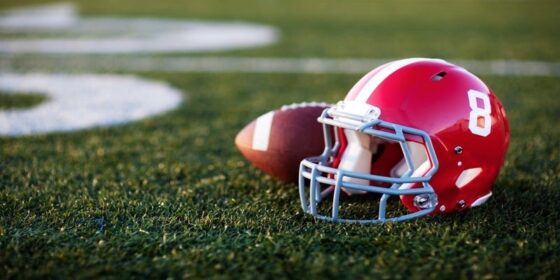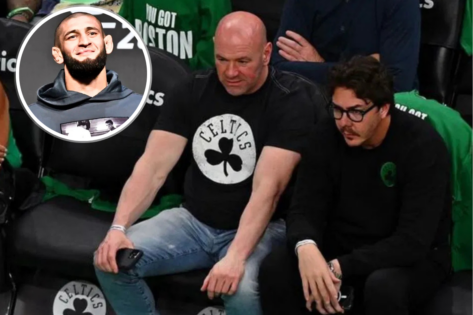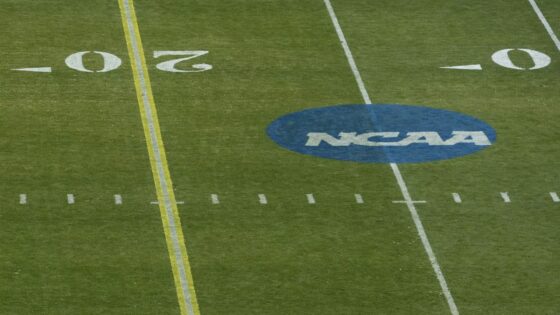The NCAA thought it had won something back in July 2021 when it embraced NIL. Student-athletes could now cash in on their name, image, and likeness. And it sounds beneficial like there’s nothing bad about it. But when there are no set rules overseeing it, it becomes chaotic, especially where money is concerned. Three years later, the whole enterprise feels like college sports took a blind corner with no proper brakes. But now, Congress is eyeing the wreckage.
On June 5, Ross Dellenger posted a hearing notice by the Subcommittee on Commerce, Manufacturing, and Trade on X. In his caption, he wrote, “A House Commerce subcommittee is holding a legislative hearing on college sports next Thursday. This *legislative* hearing suggests the introduction of a new House bill. It will be the 13th Congressional hearing on college sports since the NCAA lobbying effort began in 2019.” The hearing will take place on June 12 in 2123 Rayburn House Office Building under the title “Winning Off the Field: Legislative Proposal to Stabilize NIL and College Athletics.”
Ross Dellenger added in the comments that while already 13 hearings and a dozen of introduced bills have taken place, “just one piece of college sports legislation has advanced out of a committee.” But now, it looks like the chair of the House Commerce Committee is finally pulling the trigger. “This new bill is expected to originate from House Commerce chair Brett Guthrie, a key figure in advancing legislation out of committee & onto the House floor,” he wrote.
“The bill is expected to feature hallmarks of other Republican bills: NIL state law preemption, NCAA protection, etc.,” Dellenger added. And they’re framing the recent $2.8B House settlement as proof they’ve cleaned the house and deserve federal help. As NCAA President Charlie Baker put it, federal lawmakers told him to fix everything before asking Congress for help. The NCAA sees this bill not just as a patch but a shield. But it leads back to the chaos of NIL that was never built to be free for all.
NCAA’s struggle to contain NIL
The principle behind NIL is solid. It just wanted athletes to earn money off their brand. But it’s the implementation that’s turned college sports into a lawless Wild West, where donor-backed collectives hand out seven-figure deals easily. Take the case of former Tennessee QB Nico Iamaleava. He inked a massive NIL deal, tried to renegotiate a $4M deal, got turned down, hit the portal, and ended up at UCLA for less than he wanted. Meanwhile, reports surfaced that Texas is reportedly spending $40 million on its roster next season, which Steve Sarkisian denied. But all these instances point to the problem that NIL brings.
TCU coach Gary Patterson said plainly that he risks losing 25-30 players a year to NIL-fueled transfers. Coaches can’t build teams because players are chasing money. Schools with fewer resources become feeder systems. It’s not about fair market value anymore. Now it’s about who’s got the richest boosters? Even professional leagues have guardrails, salary caps, and union-negotiated terms. But it’s capitalism for college sports, and the NCAA’s only way out may be through Capitol Hill.
With Congress warming up, and the NCAA lobbying like its survival depends on it, all eyes are now on June 12. For once, the future of college athletics might not be decided in locker rooms—but in a hearing room in D.C.
The post College Sports Heading Toward Major Congressional Development Amid NCAA’s NIL Struggles appeared first on EssentiallySports.



